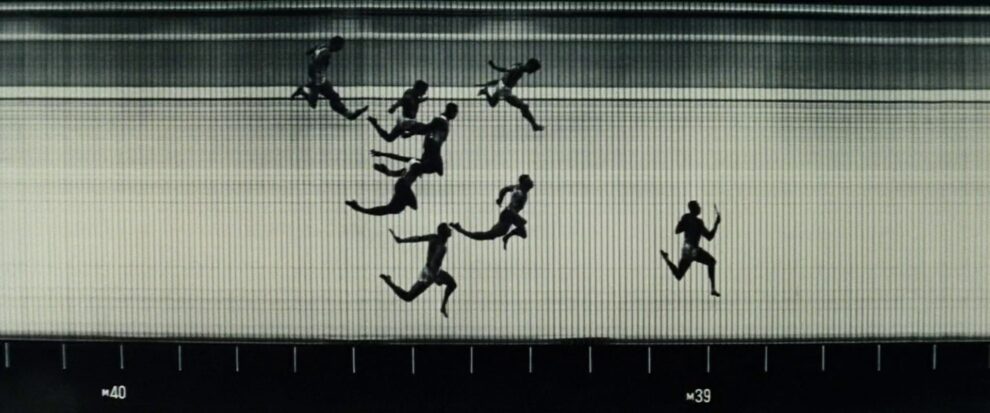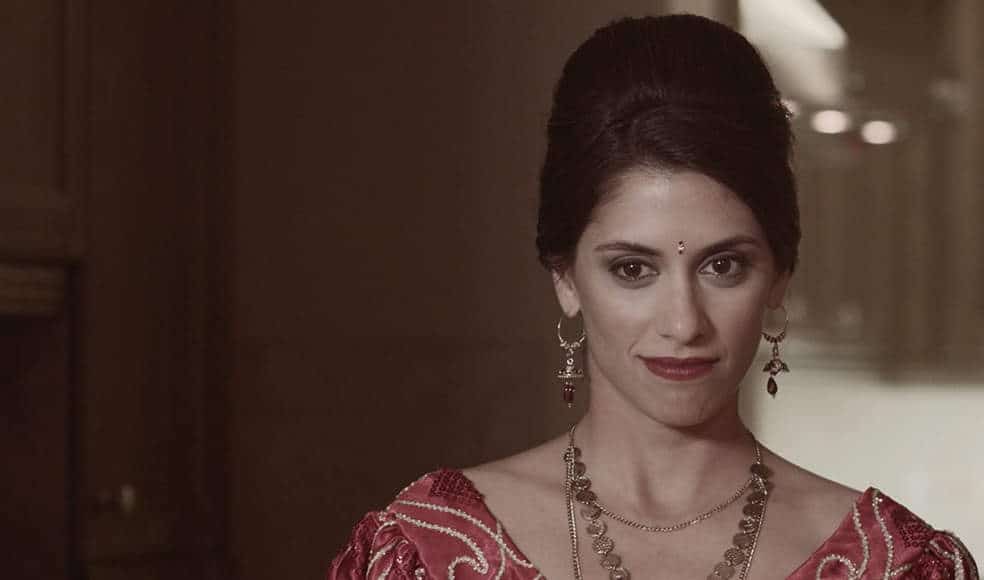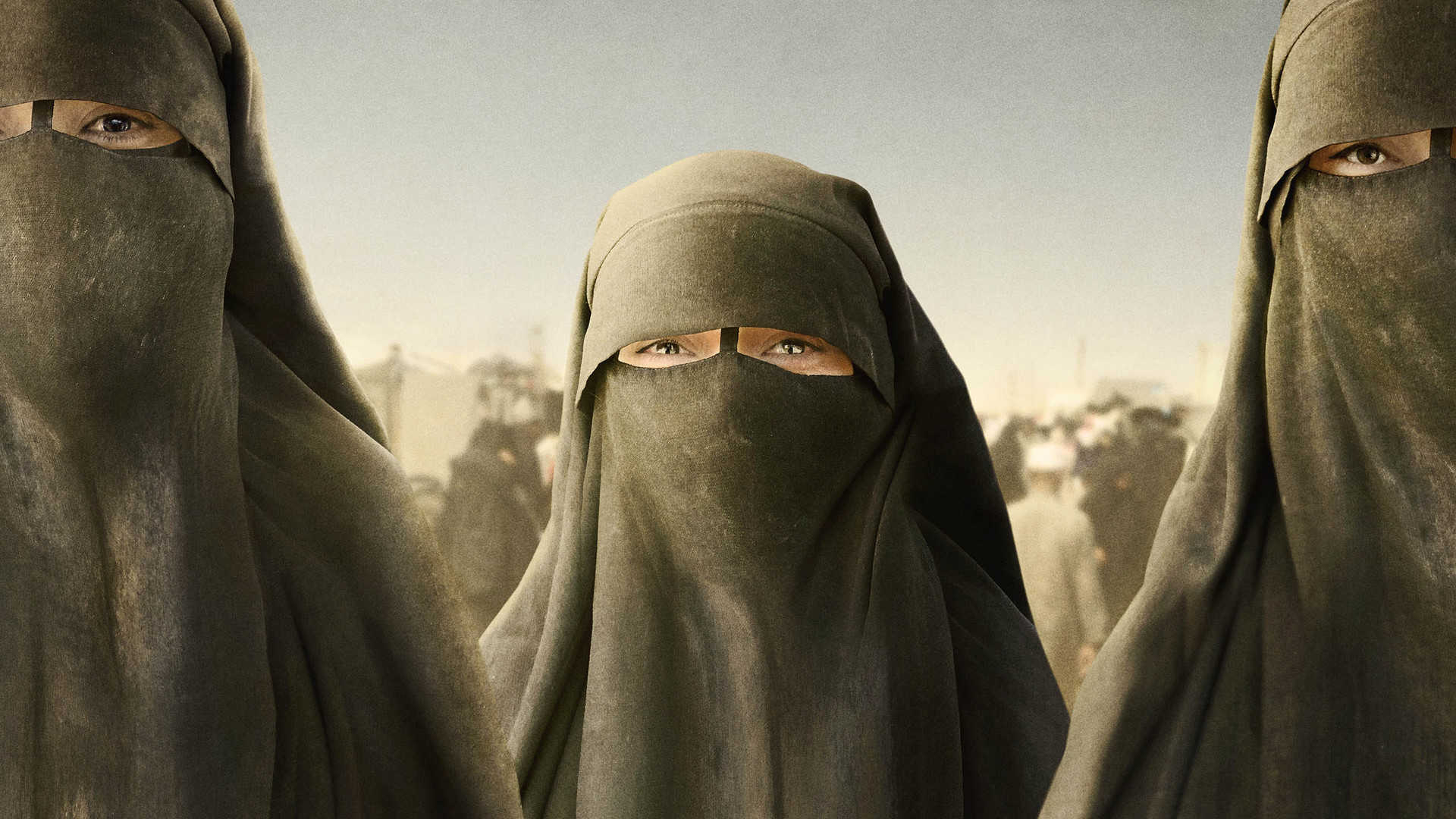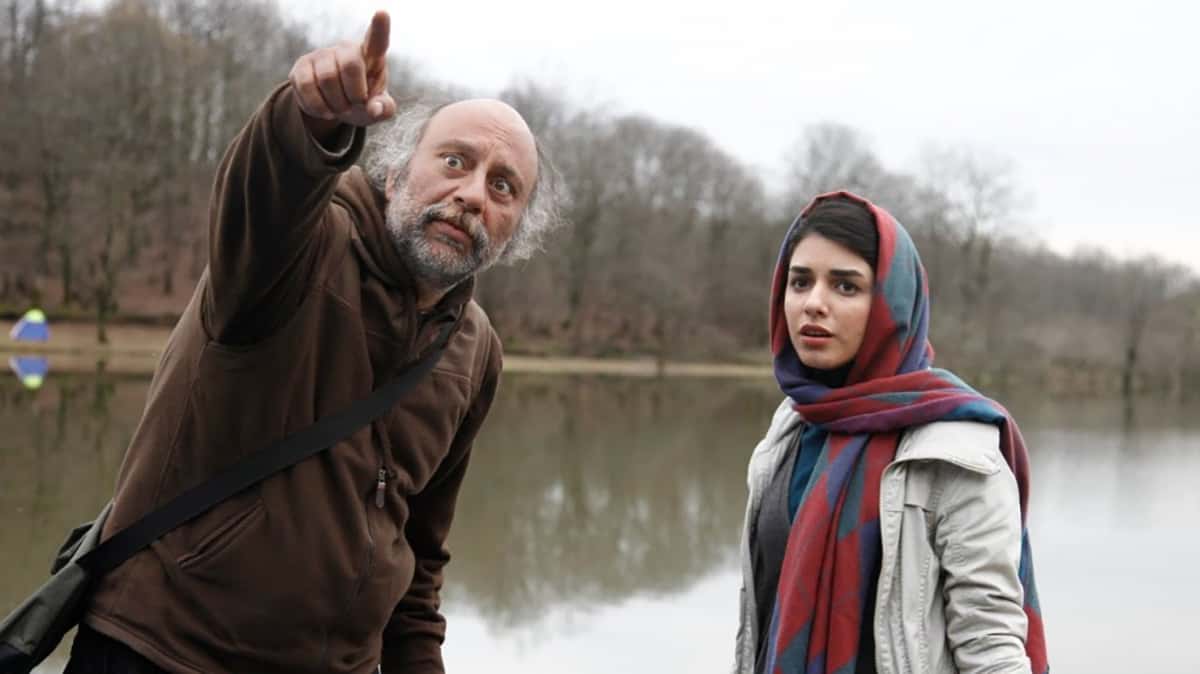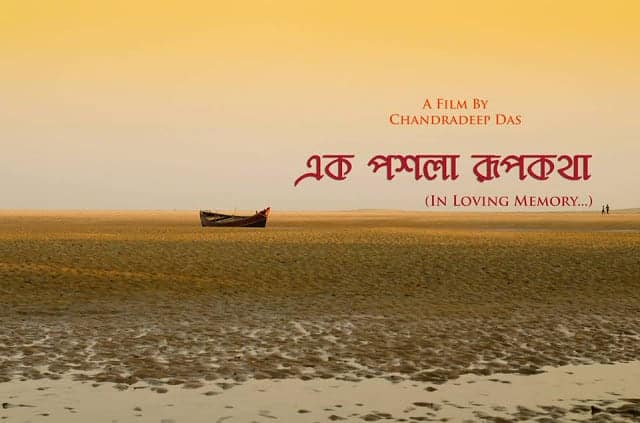Kon Ichikawa's “Tokyo Olympiad” is revolutionary for documentary filmmaking. The 1964 Summer Olympics in Tokyo had been documented and memorialized on film forever in such an atmospheric, emotional, and cinematic grand scope. Audiences could revel in the emotions of watching athletes pour their hearts into their dedicated craft of physical endurance as people worldwide gather to observe.
Tokyo Olympiad is screening at Black Movie

Assembled by the Organizing Committee for the Games of the XVIII Olympiad and financed by the Japanese government, the initial intentions behind the production were quite different from the final product. With the 1964 Olympics commencing in Tokyo, this was viewed as an opportunity for Japan to highlight its accomplishment of postwar economic resurgence. Kon Ichikawa was selected to direct, and his inclusion ultimately steered the documentary originally meant to primarily celebrate the country's modernization into a completely new and arguably more unique direction. “Tokyo Olympiad” was met with critical and financial success, though it also proved controversial for the time. The production's organizers felt Ichikawa undervalued the historical economic aspect of the film, thus resulting in the movie being re-edited. However, nowadays, the full uncut version with the director's artistic intentions fully preserved is widely available.
On the surface, “Tokyo Olympiad” is a remarkable documentation of the 1964 Summer Olympics. Brilliantly structured, everything from the opening ceremony, the Games, and the closing are meticulously captured on film for moviegoers to admire. Yet, this isn't the only aspect that makes this documentary so special. The movie's heart lies in Kon Ichikawa's humanistic direction of the events. Japan's economic accomplishments following the end of World War II are acknowledged and highlighted in the opening. Yet, Ichikawa goes the extra mile to present the Olympics more universally. The major positive emphasis is seeing people worldwide come together to this one location to witness and participate in a grand scope sports event. There isn't negative highlighting of political bias or postwar personal grudge; it is just a monumental special occasion for cross-cultural communication. Additionally, there's a great build-up to this international multi-sport event, and when the Games finally commence, it feels truly exciting, and when it concludes, it feels almost bittersweet.
Heightening the experience, “Tokyo Olympiad” offers thrilling drama that delivers pure emotional immersion. Beyond merely capturing athletes' wins and losses, viewers see the physical endurance they put themselves through and feel the struggles or satisfaction they get through these heart-pounding games. A great example is the trials that brilliant Ethiopian marathon runner Abebe Bikila endures to win his second gold medal. Adding to this are the audience members' reactions spectating these events unfold. This psychological focus on emotional perspective gives this film an additional human element that separates it from many sports documentaries, putting it with the likes of Steve James's “Hoop Dreams.”
Of course, that's not to downplay the magnificent efforts of the athletes who participated in the 1964 Summer Olympics in Tokyo. Their amazing endeavors are still as incredible to watch as they were when they commenced. How everything is shot and edited heightens the enriching atmosphere. The way slow-motion is utilized often helps highlight the majestic and emotional side of the athletes during their valiant efforts. These gorgeous images captured in telephoto are thanks to the great collective efforts of cinematographers Kazuo Miyagawa, Shigeo Hayashida, Shigeichi Nagano, Kenji Nakamura, Tadashi Tanaka, and Masuo Yamaguchi. The music score by Toshiro Mayuzumi is also quite elegant.
Decades later, the endearing appeal of “Tokyo Olympiad” persists. Kon Ichikawa's magnificent documentary is more than historical documentation of the 1964 Summer Olympics. It's beautifully shot and edited, utilizing filmmaking techniques to give a lyrical presentation of sports. Furthermore, it's a humanistic emotional experience that highlights human vulnerability during athletic determination, dramatically enhanced by the emphasized emotions of the athletes and the worldwide spectators.


